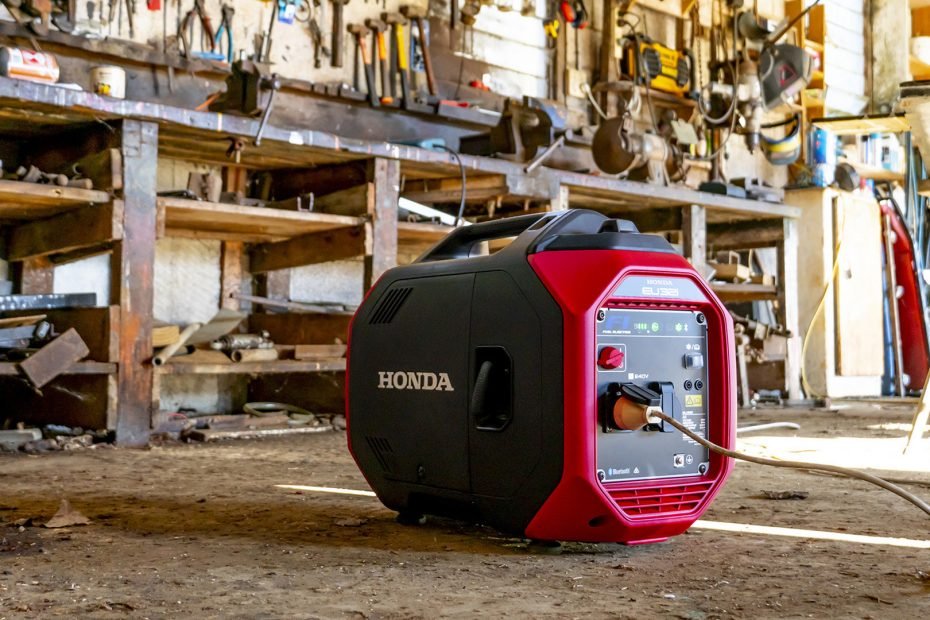Power outages are a fact of life. Sometimes they happen due to inclement weather, sometimes due to downed power lines, and sometimes for mysterious reasons that even the electricity company can’t explain. No matter the cause, being without power can be frustrating, inconvenient, and even dangerous. That’s why more and more homeowners are investing in generators. But should you buy or hire a generator? Read on to find out.
The Pros and Cons of Buying a Generator
There are several advantages to buying your own generator. First of all, you’ll always have it on hand when the power goes out. No need to wait for the rental company to open up or for someone to deliver the generator to you; it will already be at your house, ready to go. Secondly, owning a generator can be less expensive in the long run than renting one every time the power goes out. And finally, if you choose a portable generator, you’ll be able to take it with you if you ever need to evacuate your home due to a natural disaster or some other emergency, and of course, it’s handy if you think you could use it for entertaining or for camping etc.
Of course, there are also some drawbacks to buying a generator. The initial cost can be quite high, especially if you opt for a standby generator that needs to be installed by a professional. Additionally, generators require regular maintenance and upkeep, which can also add to the cost. And finally, if you choose a portable generator, you’ll need to have enough fuel on hand to keep it running
The Pros and Cons of Hiring a Generator
If buying a generator doesn’t seem like the right option for you—or if you only need one every once in a while—you might want to consider hiring one instead. The most significant advantage of this option is that you won’t have any upfront costs; you’ll simply pay for the rental whenever you need it. Additionally, since most rental companies will deliver and set up the generator for you, it’s a very convenient option. And finally, since you won’t be responsible for maintenance or upkeep, hiring a generator is often the hassle-free option.
Of course, there are some disadvantages as well. The most obvious one is that you’ll need to plan ahead and reserve a rental well in advance of when you actually need it; if there’s high demand during an outage, you might not be able to get the generator you need when you want it. Additionally, since portable generators are usually available for rent by the day or week, hiring one can end up being quite expensive if the power is out for an extended period of time.
Making the Decision That’s Right For You
Now that we’ve looked at both options—buying and hiring—it’s time to make a decision about what’s best for your needs. If…
- You live in an area that frequently experiences severe weather conditions that result in extended power outages… Buying might be your best bet so that you’re never left without power for long periods of time. Just be sure that you’re prepared to handle the ongoing maintenance and upkeep required by owning your own generator.
- You want maximum convenience… Hiring is probably your best option since most rental companies will deliver and set up the generator for you.
- You’re on a tight budget… Hiring could be less expensive than buying since there are no upfront costs associated with renting.
No matter which option you choose—buying or hiring—investing in a generator is always a good idea. After all, having no power can be frustrating and inconvenient, so being prepared with your own backup power source means you’ll always be ready when the grid goes down. To discuss anything generator related, including whether to rent or buy, we’re your people and happy to assist. Call us on 1800 442 447, and we’ll help you make the right decision for your needs.

